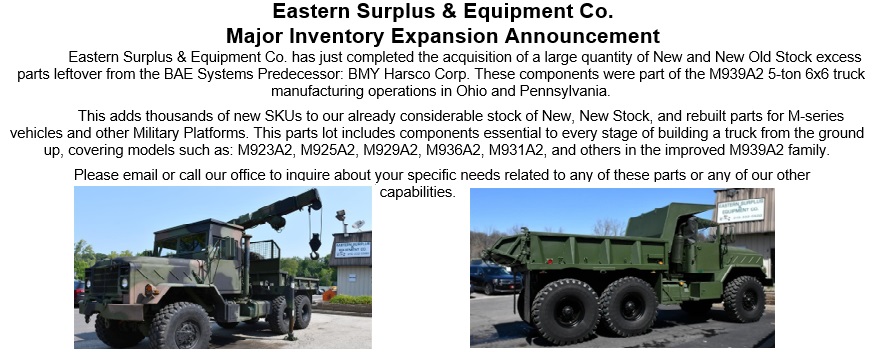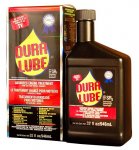CycleJay
New member
- 1,433
- 7
- 0
- Location
- Marietta, Ga
Hi Guys,
Have any of you ever used "Dura-Lube Engine Treatment" (it is an engine oil additive), in any of your
6.2L Diesel CUCV engines?
If so, has it worked well? and did what it is supposed to do?
I used to use it in all of my previous gasoline engines.
And it worked great every time, always did everything it was advertised to do.
So I was always very happy with it.
But this is a new engine and engine type for me, I would like to know your thoughts.
Before I consider using it in my M1009.
Any helpful information would be appreciated.
Thank you, good night,
CJ
Have any of you ever used "Dura-Lube Engine Treatment" (it is an engine oil additive), in any of your
6.2L Diesel CUCV engines?
If so, has it worked well? and did what it is supposed to do?
I used to use it in all of my previous gasoline engines.
And it worked great every time, always did everything it was advertised to do.
So I was always very happy with it.
But this is a new engine and engine type for me, I would like to know your thoughts.
Before I consider using it in my M1009.
Any helpful information would be appreciated.
Thank you, good night,
CJ
Attachments
-
64.3 KB Views: 8
Last edited:




